Change the future with Health Literacy





Making well-informed health decisions begins with understanding your options — but for the majority of Americans, that’s a challenge.
Only 12% of the nation has proficient health literacy, meaning many are struggling to access, understand and use health information as they navigate their well-being, from nutrition and exercise to common colds and critical illnesses.
Low health literacy contributes to worse health outcomes and deepens distrust in health institutions by creating confusion, frustration and reliance on misinformation. It reinforces skepticism, reducing engagement in care and further worsening health disparities.
The Health Literacy program at Arizona State University’s Learning Enterprise can change this trajectory by equipping learners with the knowledge and confidence to manage their health and build trust in the system.
“We believe everyone deserves to live long, healthy lives,” says Natasha Burrell, health literacy fellow at the Learning Enterprise. “When you have low health literacy, you enter the health care system in worse health. You don’t use preventative services as often — things like getting a mammogram — because those services feel confusing and you’re not able to really understand the value that they bring. You’re more likely to make medication errors or not use medications at all,” says Burrell.


Health literacy can lead to better health outcomes by supporting informed decisions around diet, exercise, health care and more.

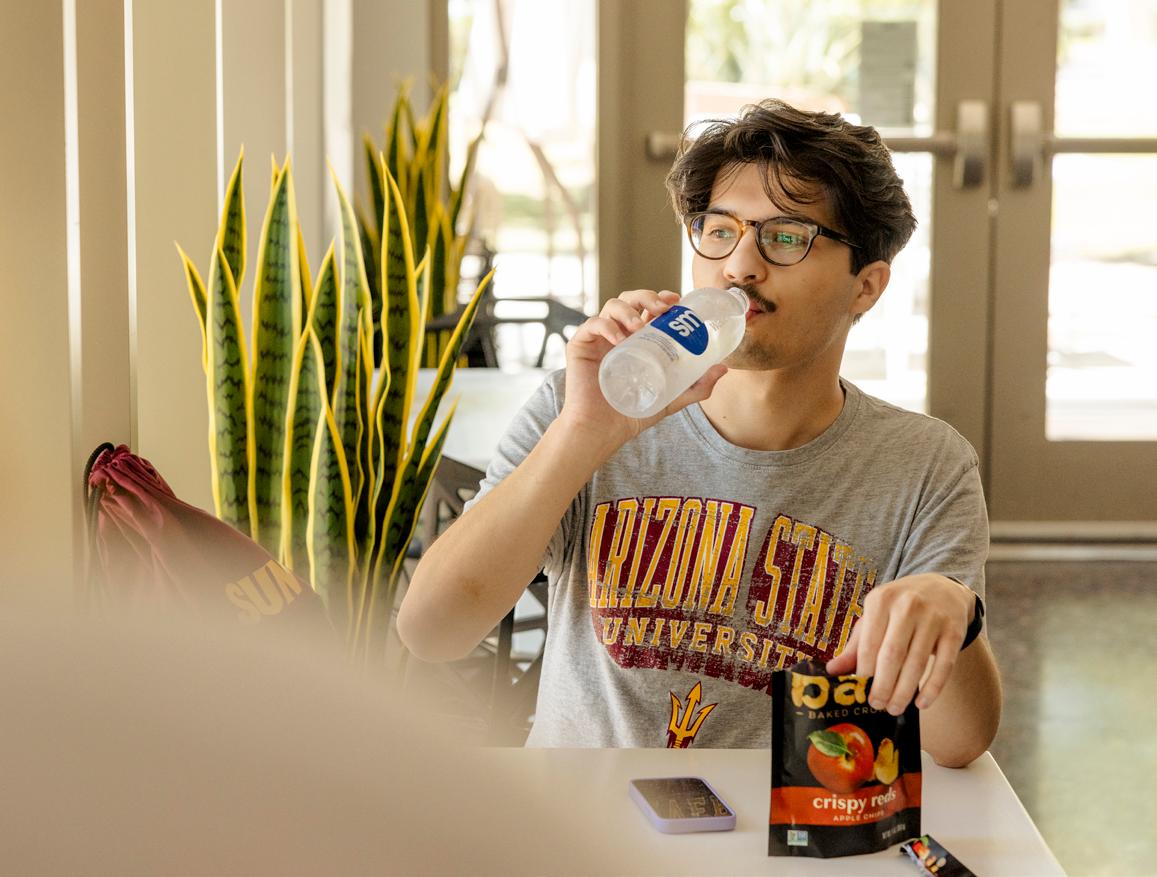
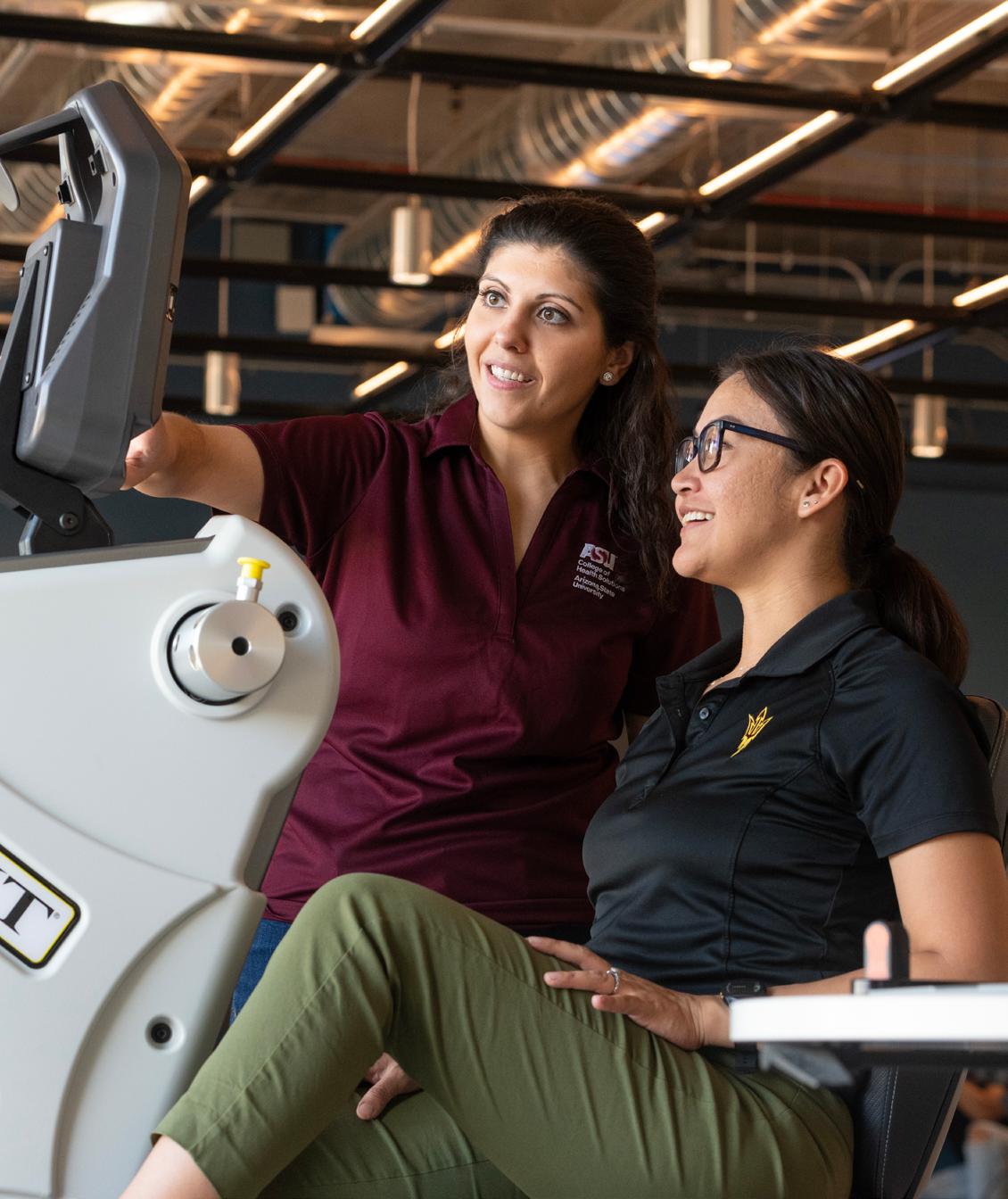
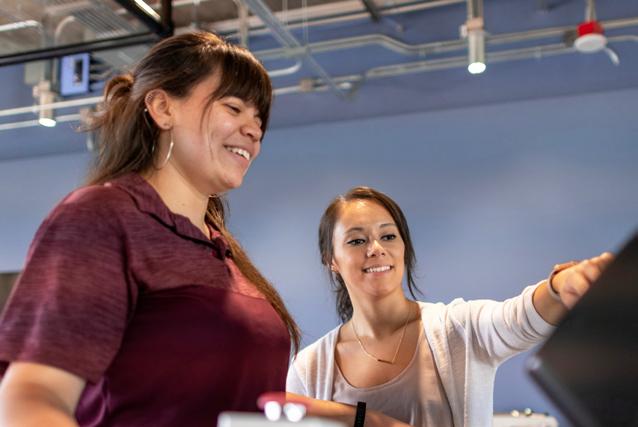

Wading through a trove of overwhelming and often inaccurate information online, decoding medical terminology in doctors’ instructions and making sense of charts and diagrams can be an uphill climb. With an overreliance on written health information within the health care system, individuals with low education attainment and language barriers face additional challenges.
“To help empower communities, we want to give them the skills they need to navigate these complex health care systems and make health decisions that can improve the longevity of their life and improve the health of their family and community as well,” says Burrell.
This vision goes beyond simple information sharing. It’s about creating accessible, engaging pathways to health knowledge while rebuilding trust in medical institutions. Too often, complex or unfamiliar health information creates barriers that leave patients feeling disconnected from their care. Today, 90% of American adults have trouble understanding and using personal and public health information that uses unfamiliar or complex terms. Further, patients with limited understanding could expect to spend up to nearly $8,000 per year – putting health care out of reach for those who cannot afford it.
At its core, health literacy is more than individual knowledge. It empowers families, communities and society to engage with the health care system with confidence. When people trust and understand their care, they make healthier choices, leading to better public health outcomes and improved health access for all.
In alignment with ASU Health, the Health Literacy program is finding new ways to empower people to feel confident about their health and trusting of medical care systems. Together, we’re developing accessible, relevant health-related content and presenting it in new, easy-to-understand formats.
• Addressing teen mental health: With mental health concerns mounting among teens, ASU has forged a partnership with This Teenage Life. The partnership, named “Young Minds Matter,” will expand the reach of the popular “This Teenage Life” podcast, a youth-driven program focused on mental health. With 165 episodes, the podcast elevates teen voices and fosters a community of peers across 180 countries. Young Minds Matter will leverage ASU’s national K–12 network and technological resources to expand This Teenage Life’s content into classrooms across the U.S. and around the world.
• Breaking down barriers to health education: Health education is crucial for young people, yet many students still face barriers to consistent, evidence-based resources. In partnership with Health Corps, ASU is introducing a new platform that provides students with trusted, researchdriven health information. This tool offers users the ability to set health and wellness goals, receive science-based answers to their health questions and learn how to develop healthy behaviors for life. The platform aims to empower students to make informed decisions about their well-being.
• Broadening training for and access to mental health professionals: More than half of Americans live in areas that lack sufficient mental health professionals. Through a new partnership with the Child Mind Institute, ASU is expanding access to trusted knowledge and training for behavioral health professionals. A proposed virtual training and certification hub would offer national certification programs, flexible training pathways and community-based apprenticeships — empowering a new generation of mental health professionals to support behavioral health patients and ensuring that everyone who needs mental health care can access it.

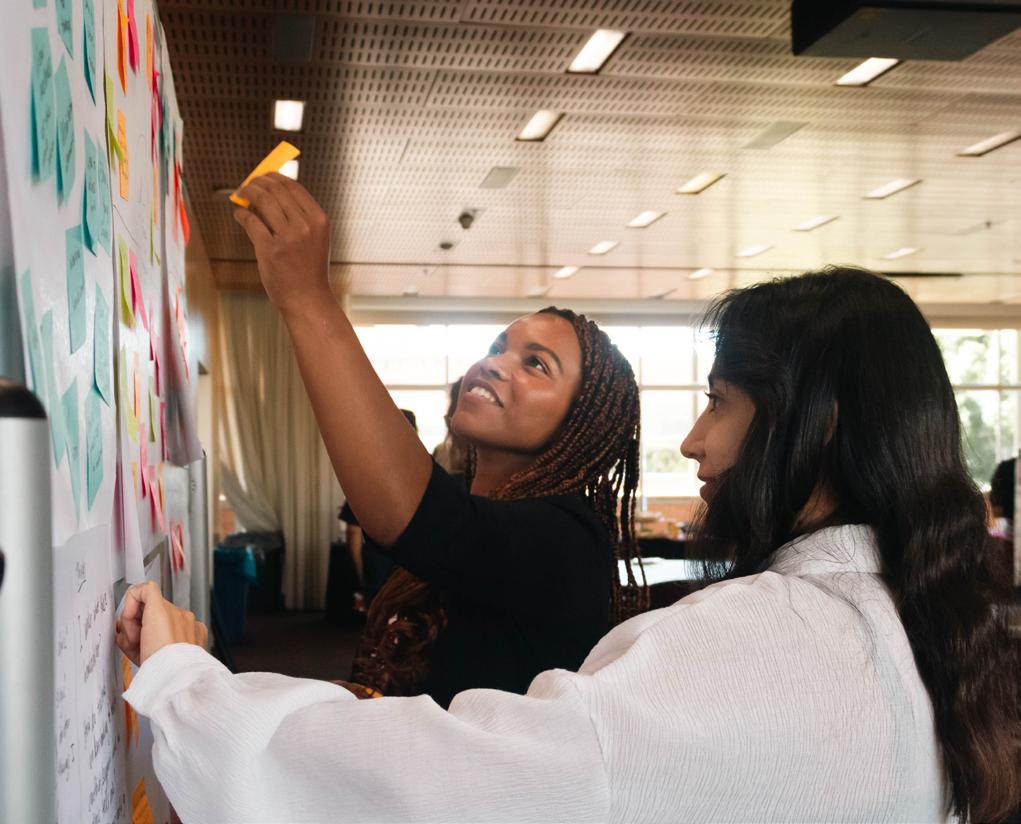
Changing Futures will support health literacy and mental health across the lifespan.
family, and then information to
health literacy is people can find that is relevant and them and their then use that then take action.
—Natasha Burrell Health literacy fellow at the Learning Enterprise

By partnering with educators, leveraging technology and centering community voices — especially the voices of young people — we’re not just sharing information. We’re building a movement that says health literacy is a fundamental human right. Through Changing Futures, we’ll scale our efforts to reach more populations with relevant, accessible information about their health so they can feel empowered when navigating health care and make informed health decisions. Your support allows more people to take control of their own health journey, transforming confusion and skepticism into knowledge, clarity and confidence.
When we improve health literacy, we improve health outcomes and change futures. Join us.

ASU’s Learning Enterprise expands universal access to opportunity for learners – at every stage in life. We’re reimagining the role of universities in society as catalysts of economic and social mobility, guided by the belief that all learners can harness education as a ladder of opportunity. Our programs meet learners wherever they are, removing the barriers while prioritizing belonging and support. Through ASU’s Learning Enterprise, it’s easy to get started on your learning journey – and there’s no limit to where you can go.
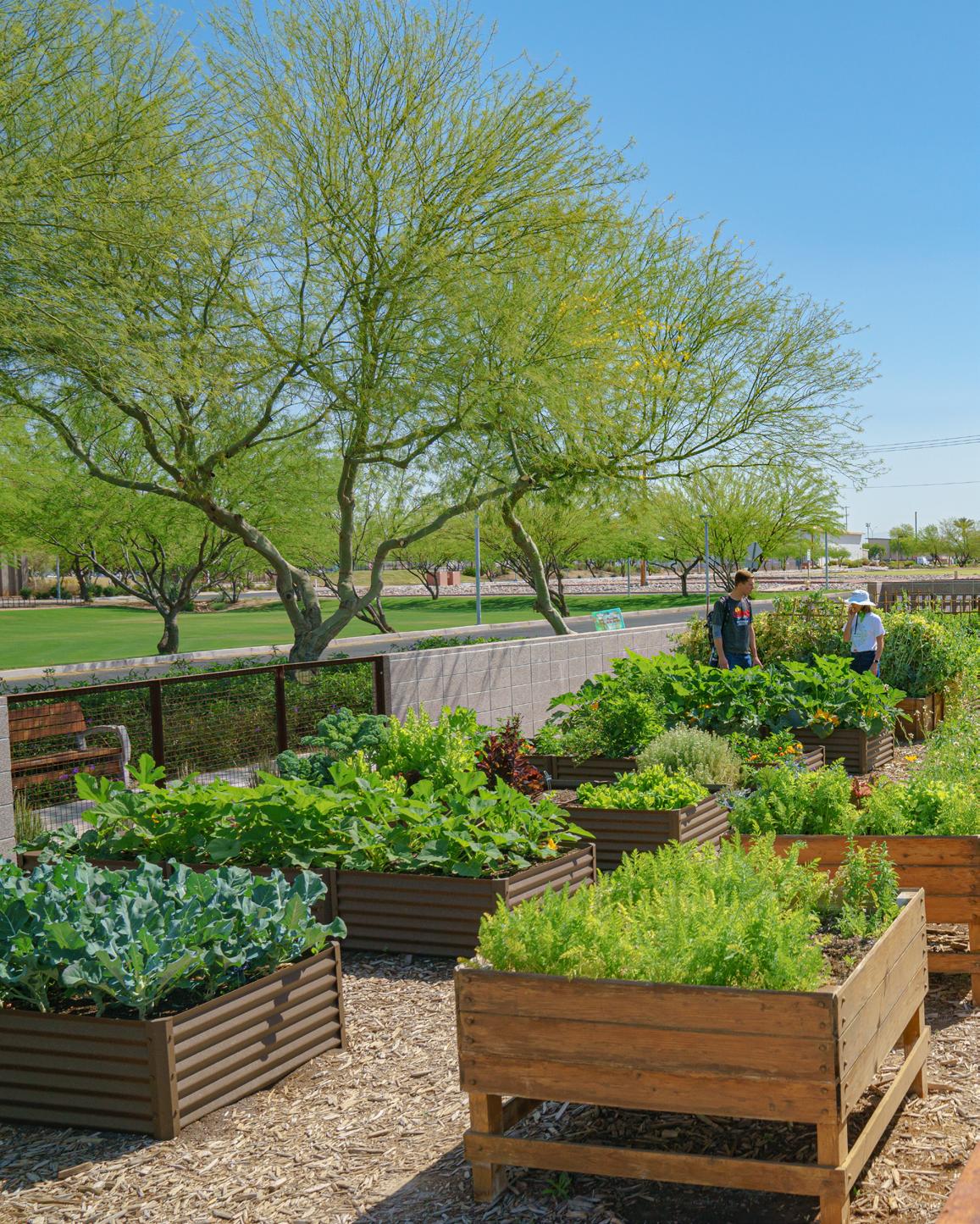
ASU is a comprehensive public research university, measured not by whom it excludes, but by whom it includes and how they succeed; advancing research and discovery of public value; and assuming fundamental responsibility for the economic, social, cultural and overall health of the communities it serves.